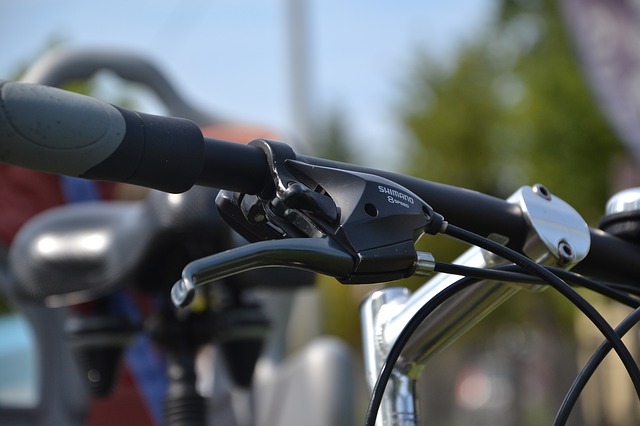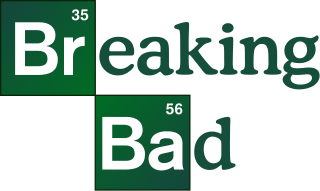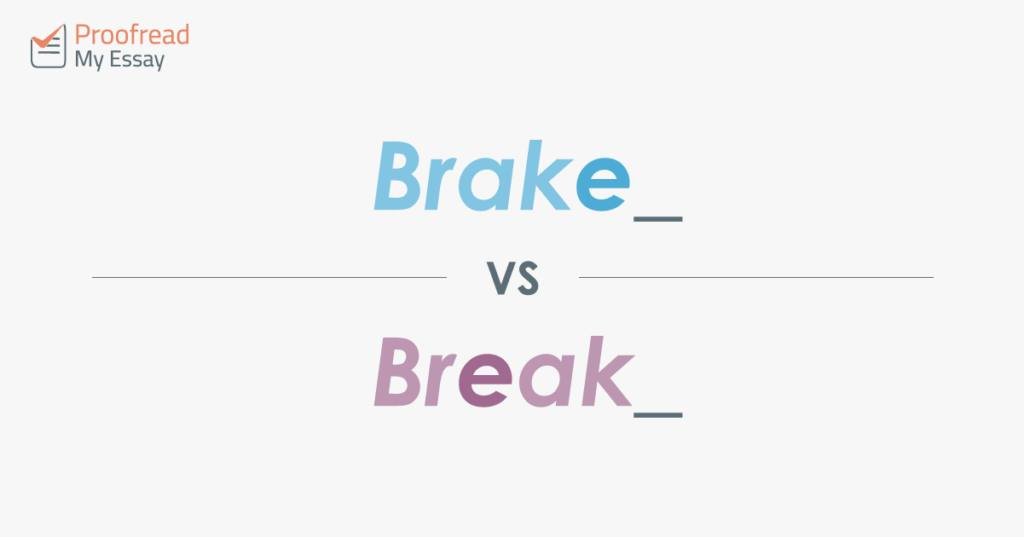We’re back in Homophone Corner with two words that sound exactly the same: ‘brake’ and ‘break’. These terms even have the same letters in them, which adds to the confusion! However, ‘brake’ and ‘break’ also have different uses, so you need to know what they mean in order to avoid errors.
Brake (Slow Down)
In modern English, to ‘brake’ is typically to slow down or stop something (usually a vehicle):
I had to brake suddenly when the cat ran into the road.
As a noun, it can also refer to a device for stopping a vehicle, such as the ‘hand brake’ in a car. The past tense of this word, meanwhile, is ‘braked’ (e.g. ‘he braked suddenly…’).

‘Brake’ also has some additional meanings, including as a tool for crushing hemp and an old-fashioned carriage. But these are very rare in everyday language, so you’re unlikely to need them.
Break (Damage or Interrupt)
The word ‘break’ has several uses. As a verb, these include:
- Damage or destroy something (e.g. You could break your leg!)
- Interrupt something (e.g. They need to break their losing streak)
- Violate a law (e.g. You should never break the law)
- Suddenly reveal or make public (e.g. We have breaking news!)
- Move suddenly (e.g. The fly-half broke away from the pack)
And as shown above, in all cases, the simple past tense of ‘break’ is ‘broke’. The adjectival form is ‘broken’ (as is the past participle).
Find this useful?
Subscribe to our newsletter and get writing tips from our editors straight to your inbox.
When ‘break’ is used as a noun, meanwhile, its meanings include:
- The point where damage or separation occurred (e.g. It was a clean break)
- An interruption of continuity (e.g. The policy is a major break with the past)
- A pause in an activity (e.g. What are you doing for your lunch break?)
- A gap or opening (e.g. I waited for a break in the traffic)
- A sudden movement (e.g. When I saw the gap, I made a break for it)
On top of all of this, there are several phrases that use the word ‘break’. These include ‘back-breaking’ (which means ‘hard work’) and ‘breaking bad’ (defying authority).

Brake or Break?
As you can see, ‘break’ has a lot of different meanings! Thankfully, ‘brake’ only has one common application in modern English: slowing down a vehicle. This applies both as a verb (e.g. ‘the car braked suddenly’) and as a noun (e.g. ‘I put my foot on the brake’). Thus, as long as you can remember this, you should be able to tell these words apart. Remember:
Brake = Slow down (or a device for stopping a vehicle)
Break = Damage, interrupt or violate something



